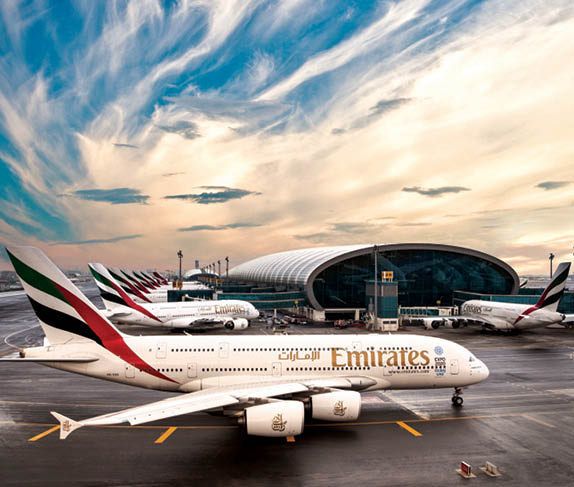Africa is home to 12% of the world’s people, but it accounts for less than 1% of the global air service market. Part of the reason for Africa’s under-served status, according to a just-published World Bank study, Open Skies for Africa - Implementing the Yamoussoukro Decision, is that many African countries restrict their air services markets to protect the share held by state-owned air carriers. Now, however, most have recognized that the strict regulatory protection that sustains such carriers, has detrimental effects of air safety records, while also inflating air fares and dampening air traffic growth.
It might be expected but sources in Uganda and Nairobi have largely dismissed the core message of the World Bank study: "Blaming accidents on the lack of competition smacks of a twisted sense of understanding such problems," said one source from Kajjansi, where the airlines operating from there enjoy an excellent safety record for their past flight operations.
The source added: "De-regulation, like in the US, from where the World Bank study seems to draw its inspiration, has not improved safety, and, in fact, the regulator, the FAA there, is blamed for being too slow and too lenient with airlines when safety measures like air worthiness directives are concerned and the timeframes they allow for implementation. As an airline, even small compared to the big boys, we go by the recommendations and directives of the manufacturers and the approved maintenance and operations manuals by our Civil Aviation Authority (CAA)”.
"The World Bank should focus on creating capacity amongst African regulators to have more competent staff, assist in creating regional regulatory bodies, and do away with national bodies where appropriate, like here in the East African Community and encourage investments in the maintenance sector across our region. It is a question of incentives for manufacturers and MROs to come here and set up, but is it not the same World Bank which is trying to stop African governments to intervene in strategic sectors and tell them NOT to give incentives?"
And yet another senior source, who declined to be named, says: "They should support our demands to remove non-tariff barriers here in East Africa instead of lecturing us on Yamoussoukro or COMESA agreements; those are political declarations but without concrete steps. For instance, here in East Africa, we are still treated like foreign registered airlines when we fly some of our fellow East African countries, and they know it, we told them often, but they chose to demonize aviation in Africa and try to impose the US solutions of liberalization and laissez faire, which have not exactly succeeded very well there.
"Do they understand the economic realities of African airlines compared with their world competitors from the Mid East, Europe, and America? Is their demand to ‘open up’ not just a disguise to allow the global players into Africa and carve up the market between them and in the process destroy all the progress we made until now?” Clearly both sides have a point. Maybe a conference is required?

